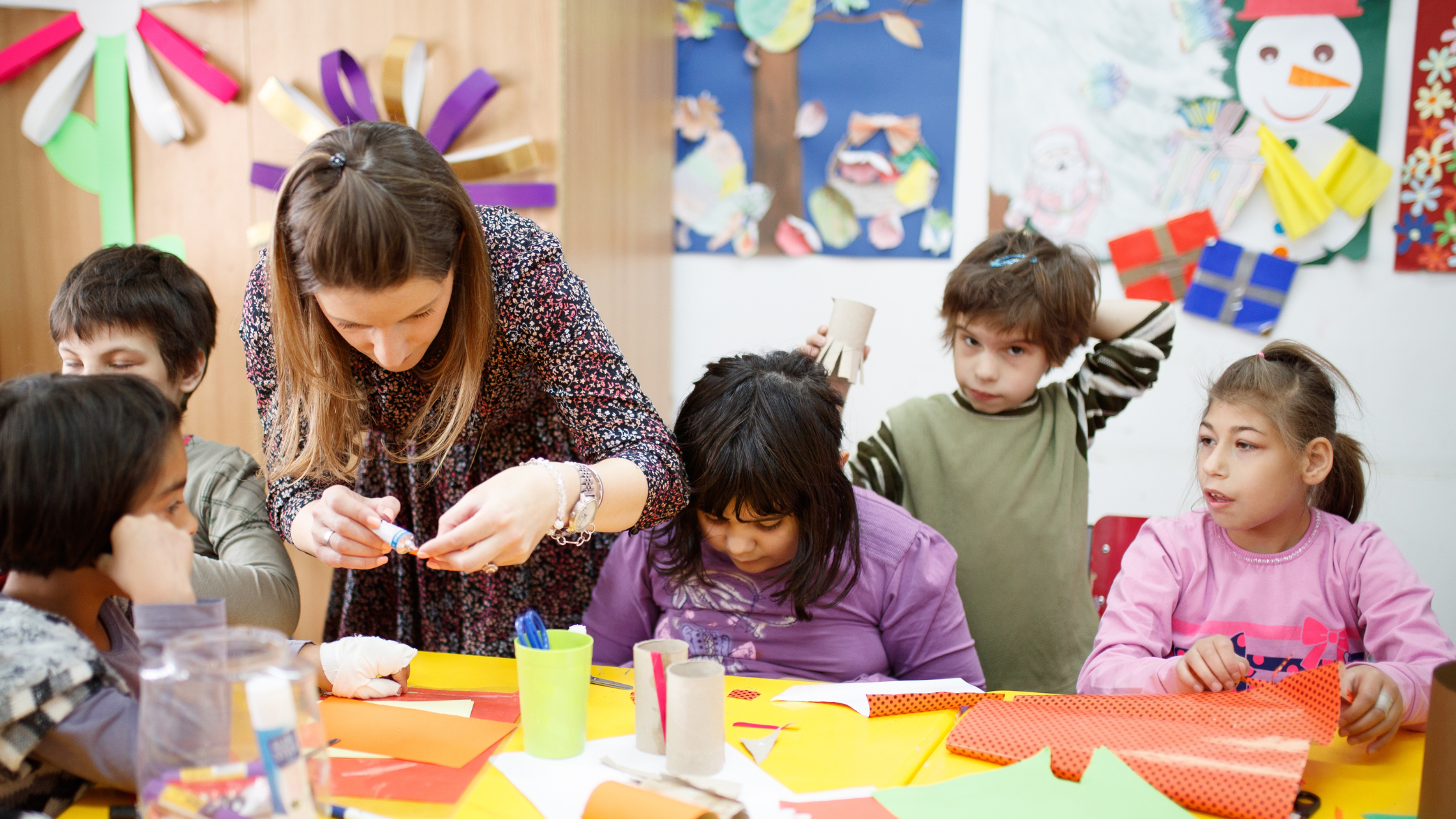

Talia D’Souza – HOD Differentiated Learning Program
Developing independence is one of the foundations of our lives. Because children with special needs may experience cognitive and physical difficulties, these skills must be taught, and their development requires practice and demonstration. Aditya Birla Integrated School, the special ed school near you in Mumbai takes good care of these things.
Everyone needs to be able to communicate. Being able to communicate our needs, wants, and thoughts enable us to form relationships, form bonds with others, and participate in society. Despite the fact that people with special needs may not speak, there are still many ways they can communicate. Alternative Augmented Communication is one such way.
The term "activities of daily life," or ADL, refers to the routine tasks that a person must undertake each day in order to survive. The skills include eating, taking a bath, and dressing, among others. In the beginning, a child will be able to independently put on clothing and start taking showers. As people mature and acquire other, more sophisticated skills, these skills are refined.
Daily tasks such as cleaning, organising, and maintaining our living spaces are essential to maintaining the efficiency of our houses and preserving our safety and general health. Chores like folding clothing, doing the dishes, dusting, and cooking may be very beneficial for the individual as well as quite helpful around the house. Giving children a sense of inclusion in the household will bolster their confidence.
In order to live independently in the community, take care of oneself, and make decisions about their futures, learners must have functional math skills. They must be able to tell time, count money, follow work instructions, and maintain a bank account.
Students with disabilities can manage daily life with the use of functional reading skills. Depending on the child's age and ability, this could begin with reading their name and the alphabet and progress to stories, news articles, and names of significant places in their surroundings.
Our children can fit in better and have more successful social lives if we teach students with special needs to recognise not only facial expressions and emotions but also the associated sentiments and situations that go along with those.
Interacting with those around them can be challenging for kids with special needs. In various social settings, they could find it difficult to maintain eye contact, ask and react to inquiries, or act correctly. Children with special needs may feel overwhelmed and choose to isolate themselves because they lack the social skills to interact with others. Thus we must teach these individuals techniques to communicate with others. It is equally crucial to let the other child or adult know that this person might require more time and patience to express their needs.
Leisure activities are often pursuits in which people voluntarily choose to engage when they have leisure time because they find them delightful. These pursuits aid in self-expression and stress relief. they are crucial in helping one develop their sense of self.
Pre-vocational training can help adults with disabilities enter the workforce and lead productive, self-sufficient lives . The quality of work life and general wellbeing can both be positively impacted by the introduction of transferable abilities from the classroom into the workplace.
Individuals feel a sense of belonging in communities. A sense of belonging to something bigger than oneself and their school. Participating in community activities benefits not only the person but also the community as a whole, making it more aware, inclusive, and wholesome.